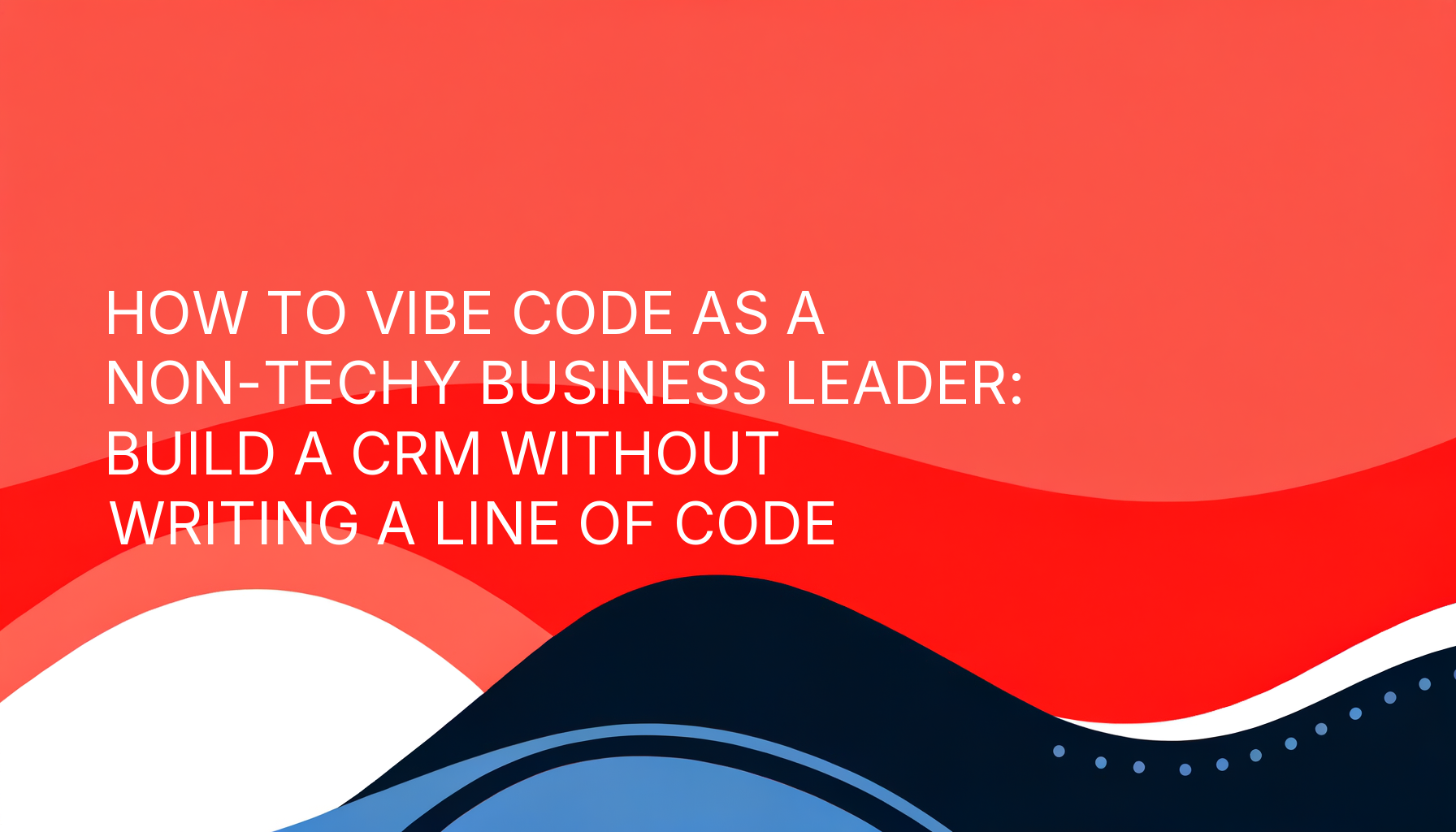Ensuring compliance with these standards requires dedicated roles within an organization, often referred to as Compliance Officers or, metaphorically, "Compliance Conductors." These individuals orchestrate the policies, procedures, and practices that keep the company in harmony with regulatory requirements.
Understanding HIPAA and SOC 2 Compliance
HIPAA Compliance
HIPAA is a U.S. federal law enacted in 1996 to safeguard medical information. It mandates standards for the protection of sensitive patient data, ensuring that healthcare organizations implement measures to secure Protected Health Information (PHI). Compliance with HIPAA involves adhering to rules that cover the privacy and security of PHI, as well as breach notification requirements.
SOC 2 Compliance
SOC 2 is an auditing standard developed by the American Institute of Certified Public Accountants (AICPA). It evaluates a service organization's controls related to security, availability, processing integrity, confidentiality, and privacy. SOC 2 compliance is essential for organizations that handle customer data, as it assures clients that their information is managed securely and responsibly.
The Role of a HIPAA Compliance Officer
Ensuring compliance with the Health Insurance Portability and Accountability Act (HIPAA) is a fundamental requirement for organizations that handle sensitive health information. A HIPAA Compliance Officer plays a critical role in maintaining regulatory adherence, protecting Protected Health Information (PHI), and mitigating risks associated with data breaches or violations. This individual serves as the organization's primary point of contact for all HIPAA-related matters, ensuring that policies and procedures align with federal and state regulations.
Their responsibilities extend beyond documentation and audits—they must foster a culture of compliance, educating employees on best practices and implementing safeguards that protect patient confidentiality. As cyber threats evolve and regulatory expectations shift, HIPAA Compliance Officers must stay ahead of changes, conducting risk assessments and adjusting strategies accordingly. Their role is not only about avoiding penalties but also about building trust with patients, partners, and stakeholders by demonstrating a commitment to data security and ethical information handling. Key responsibilities include:
Policy Development and Implementation: Creating and maintaining policies and procedures that comply with HIPAA standards to protect PHI.
Training and Education: Conducting regular training sessions to ensure all employees understand HIPAA requirements and their role in maintaining compliance.
Risk Assessments: Performing regular assessments to identify potential vulnerabilities in handling PHI and implementing corrective actions to mitigate risks.
Incident Management: Establishing protocols for responding to potential breaches, including investigation, mitigation, and reporting to appropriate authorities.
Continuous Monitoring: Keeping abreast of changes in HIPAA regulations and updating organizational practices accordingly to maintain compliance.
The HIPAA Compliance Officer serves as the point of contact for any issues related to PHI, ensuring that the organization remains compliant with federal and state regulations.
The Role of a SOC 2 Compliance Officer
When data security and privacy are as important as they are today, organizations must establish strong safeguards to protect customer information. SOC 2 compliance, developed by the American Institute of Certified Public Accountants (AICPA), is a widely recognized framework that ensures a company’s systems and processes meet rigorous security, availability, processing integrity, confidentiality, and privacy standards. A SOC 2 Compliance Officer is responsible for guiding an organization through this complex regulatory landscape, ensuring that internal controls align with the Trust Services Criteria (TSC) and that security measures evolve to address emerging threats.
This role is crucial in industries where businesses must demonstrate their commitment to data security—such as SaaS, cloud computing, and financial services. The SOC 2 Compliance Officer is not only responsible for risk management and internal audits but also acts as a bridge between the organization and external auditors, ensuring seamless assessments. By maintaining compliance, companies reinforce client trust, enhance operational efficiency, and reduce the risk of costly security incidents. Key responsibilities include:
Control Implementation: Designing and implementing controls that address the five Trust Services Criteria: security, availability, processing integrity, confidentiality, and privacy.
Documentation and Evidence Collection: Maintaining thorough documentation of controls and collecting evidence to demonstrate their effectiveness during audits.
Coordination with Auditors: Serving as the liaison between the organization and external auditors during the SOC 2 audit process.
Employee Training: Ensuring that staff understand their roles in maintaining SOC 2 compliance through regular training sessions.
Continuous Improvement: Regularly reviewing and updating controls to adapt to new threats and changes in the regulatory landscape.
The SOC 2 Compliance Officer plays a crucial role in building trust with clients by demonstrating the organization's commitment to data security and integrity.
The Importance of Leadership in Compliance
For compliance programs to be effective, leadership must be actively involved, setting the tone for ethical behavior and regulatory adherence across the organization. Without strong oversight and commitment from senior management, even the most well-designed compliance initiatives can falter due to a lack of enforcement, resources, or strategic alignment. The Board of Directors and executive management play pivotal roles in ensuring that compliance is not just a legal obligation but a core aspect of the company's operational integrity and long-term success.
Establishing a Compliance Culture: Promoting a culture that prioritizes compliance and ethical behavior throughout the organization.
Allocating Resources: Ensuring that sufficient resources are dedicated to compliance efforts, including staffing, training, and technological tools.
Risk Oversight: Regularly reviewing compliance reports and risk assessments to provide strategic guidance and oversight.
Active involvement from leadership underscores the organization's commitment to compliance and sets the tone for all employees.
Conclusion
In an era where data breaches and regulatory fines are prevalent, having dedicated Compliance Officers for frameworks like HIPAA and SOC 2 is not just a regulatory requirement but a strategic advantage. These "Compliance Conductors" ensure that all aspects of the organization's operations align with legal and ethical standards, safeguarding both the organization's reputation and the sensitive information entrusted to it.
By investing in robust compliance programs and appointing qualified individuals to oversee them, organizations demonstrate their commitment to integrity, security, and excellence.
Note: This article is for informational purposes only and does not constitute legal advice. Organizations should consult with legal and compliance professionals to address their specific needs.

